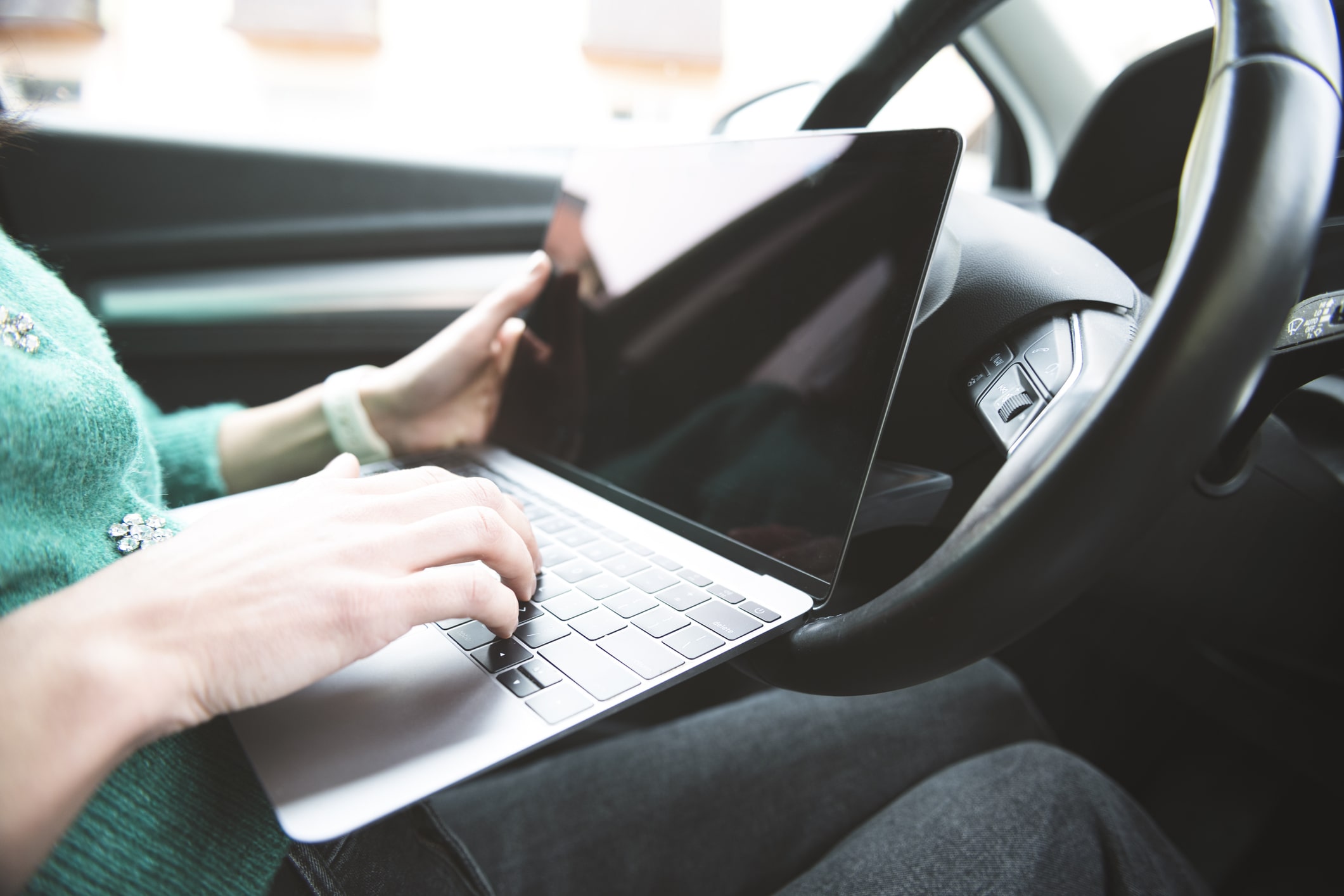Indiana VIN Check


How to Perform a VIN Lookup in Indiana?
Many car buyers make the mistake of purchasing vehicles they know little about. This can result in getting a damaged, stolen, or unreliable car. Investing in an Indiana VIN check is an effective way to learn more about a specific vehicle quickly. Vehicle buyers may perform a VIN check by using the GoodCar.com search bar. Entering the Vehicle Identification number displays the vehicle's record. The report includes auto specs, damage and accident history, title records, pricing, recalls, and more. Performing a VIN check makes it more likely that the car is and functions as the seller claims. Potential buyers may use the tool to identify many potential defects in the vehicle, such as theft, recalls, serious accidents, and more. The tool is also a way for buyers to ensure that the vehicle has no issues that would pose a problem in the long run. Indiana experiences cold winters with heavy snow and ice. Accidents are common when weather conditions are poor, and most serious accidents will show in the GoodCar report, providing a clearer picture of a vehicle's history.
Why Should I Run a IN VIN Check?

Like many states, Indiana has Lemon Laws that protect individuals who buy vehicles with recurring defects and issues. The state lemon law covers vehicles with a total vehicle weight of fewer than 10,000 pounds, are sold to a person in Indiana, are registered in Indiana, are intended for use and operation on public highways, and are required to be registered or licensed before use or operation. Per Indiana law, nonconformities are generic or specific defects or conditions or any concurrent combination of defects that renders the vehicle nonconforming to the warranty or impairs the use, safety, or market value of a car. If a motor vehicle has a nonconformity and the owner reports it to the manufacturer, agent, or authorized dealer within the protection term of 18 months, it must be corrected. By using the VIN check it's possible to identify serious recalls and to see any serious accidents the vehicle has been in that may qualify it for protection under the Indiana Lemon Laws.
Why Choose GoodCar for Indiana VIN Lookup?
Requesters can benefit from extensive vehicle records and reports as they obtain information from accredited data providers like the NMVTIS. GoodCar also illustrates theft checks, collision records, recalls, flood, hail, or fire damage, and pricing.
Indiana Resources
-
Who Issues a Vehicle's VIN Number in Indiana?
VINs come from the automaker, but the BMV processes applications of MVINs if the car does not have a VIN.
-
How do I verify a VIN number in Indiana?
The Sheriff's Office conducts VIN verification in Indiana for free in the corresponding county.
-
Is it safe to check a Indiana VIN online?
Individuals can safely check Indiana VINs through reputable platforms such as GoodCar.
-
Do I need a VIN inspection in Indiana?
State laws advise or require VIN inspections for out-of-state cars, vehicles with title issues, and reconstructed vehicles.
-
Are Indiana VIN checks necessary for out-of-state vehicles brought into Indiana?
State laws require individuals with out-of-state vehicles to obtain a license 60 days after becoming residents and transfer the titles and registrations to Indiana.
-
What does a Indiana VIN check reveal?
An Indiana VIN check often reveals various information about the car, such as the overall pricing, title records, accident history, and odometer readings.
-
Is it safe to give out a VIN in Indiana?
The VIN is often in plain sight, so it is safe for sellers to provide the VIN to a potential buyer.
-
Can you ask for the VIN from a Indiana seller?
It is advisable to request a VIN verification. It ensures that the VIN on the car matches the one on the recorded title.







